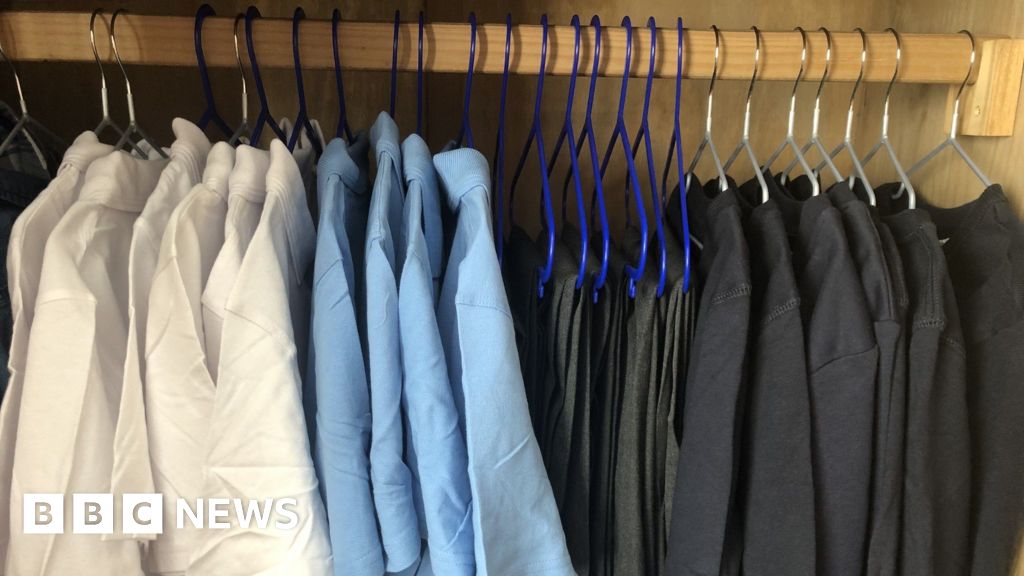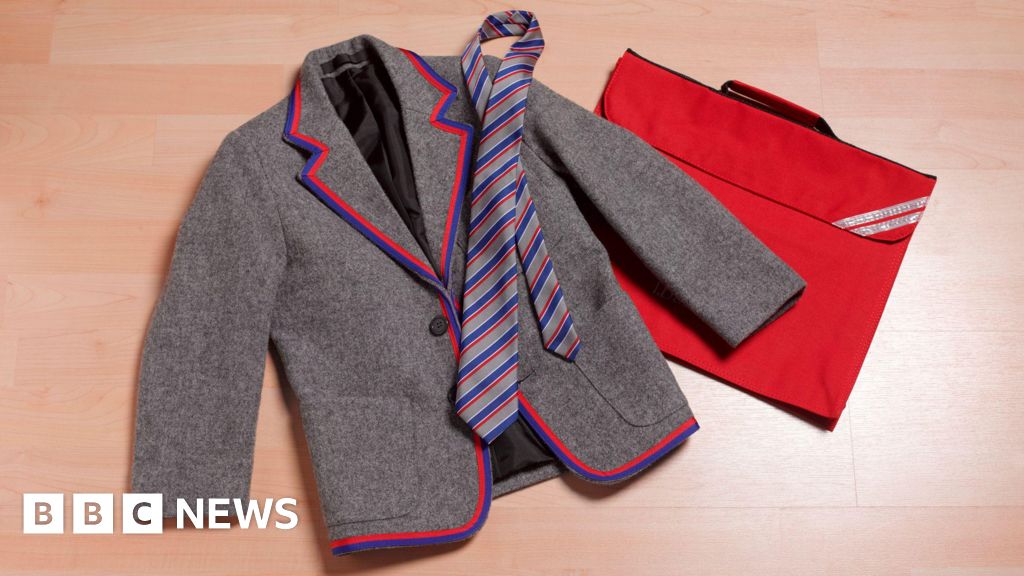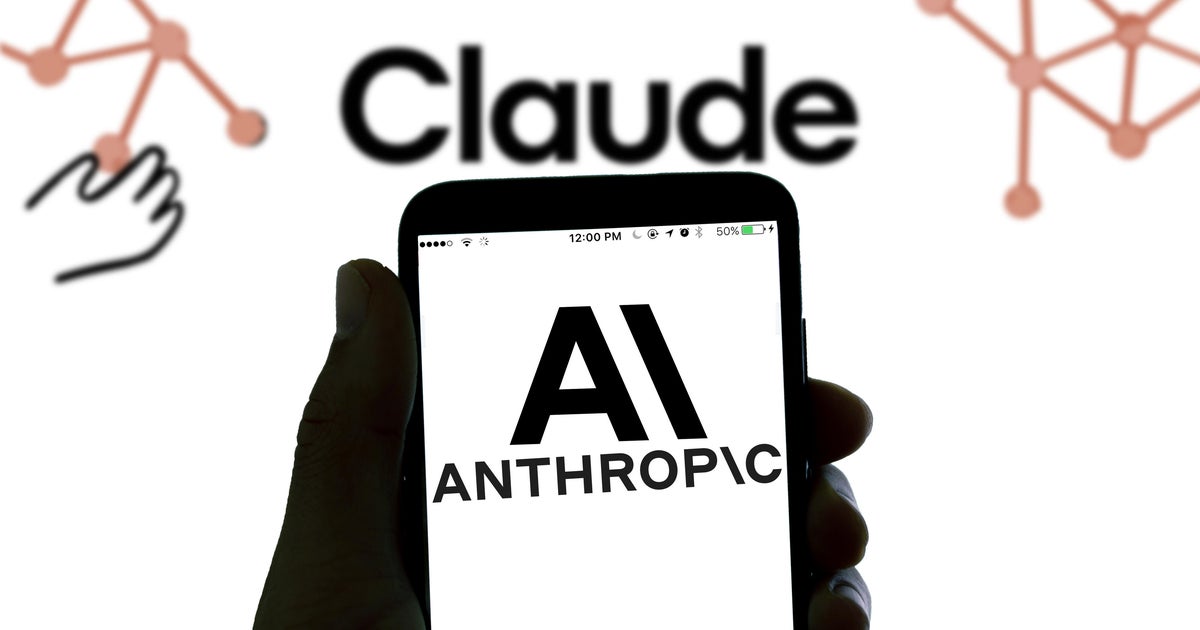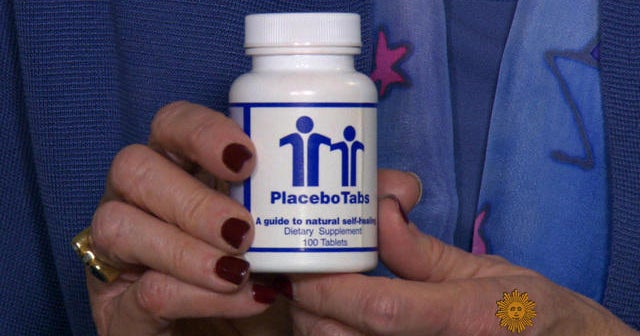Can Getting Your Eyebrows Threaded Actually Lead to Serious Illness—Like Liver Infections?
Threading doesn’t cause liver disease—but poor hygiene in salons can transmit hepatitis or infections. Here's what dermatologists advise.

Eyebrow threading has become a global go-to for grooming—swift, precise, and seemingly harmless. Yet recently, health conversations have emerged, sparked by a viral claim that a 28-year-old woman developed liver failure after threading. Experts, however, clarify that threading itself doesn’t harm the liver. Instead, risks arise only when hygiene practices are lax—creating avenues for infections like hepatitis B or C. Threading can cause tiny skin abrasions, and if done with contaminated tools or in unsanitary environments, blood-borne pathogens may enter the bloodstream. As troubling as these risks sound, they’re entirely preventable. Making informed choices—at the salon or as a client—can ensure that threading remains safe.
Is Threading Directly Linked to Liver Failure?
No. Physicians across trusted platforms emphasize that threading does not cause liver failure by itself. However, if threading tools or procedures expose a person to blood-borne viruses—like hepatitis B or C—this can potentially lead to serious liver disease down the line. Threading only becomes risky if hygiene standards are ignored.
How Do Studios Become Pathways for Infection?
Beauty salons can inadvertently become hubs for infection when sanitation is poor. Tools that break the skin—threads, cloths, or slides—must be disinfected thoroughly. Otherwise, they can harbor bacteria, viruses, or fungus, facilitating infection through even micro-cuts left by threading.
Which Infections Have Been Traced Back to Threading?
Medical studies link threading to scalp or facial infections such as folliculitis, impetigo, warts, and pseudofolliculitis. In rare but documented cases, clients using non-sterile reusable thread or shared towels have developed molluscum contagiosum—viral bumps caused by a poxvirus.
Moreover, medical authorities note that threading can transmit herpes or staph infections if pathogens on the thread or beautician’s hands contact broken skin.
Are Blood-Borne Infections Like Hepatitis or HIV a Concern?
While cases are rare, threading in unclean settings can transmit hepatitis viruses. If a used thread or tool touches compromised skin, the risk of transferring hepatitis B or C increases—especially if the pathogens enter the bloodstream. Still, such transmission would require gross neglect of hygiene standards.
Can Ordinary Threading Cause Acne or Skin Breakouts?
Yes, unsanitized tools or poor technique may allow bacteria to enter follicles and trigger acne, pustules, or localized infections. Hygiene lapses, such as reusing cloths or thread, heighten risk—not the threading itself.
What Does a Real-World Infection Case Look Like?
A nurse in Omaha developed periorbital cellulitis—a serious bacterial infection—after threading. It required a hospital stay, prescriptions, and substantial medical costs. The state investigation found no licensing violations, but the case underscores the need for strong salon sanitation and professional oversight.
The Bottom Line
Threading itself isn’t dangerous—but unclean environments and poor technique can pose real health threats. Infections and hepatitis risk arise only from avoidable lapses in hygiene. Ensuring safety depends on common-sense precautions—both salon-based and client-minded.
How to Make Threading Safe For Yourself:
-
Choose salons that visibly uphold clean, sterilized tools.
-
Ask if threads are disposed of or thoroughly cleaned after each use.
-
Watch for practitioners using gloves and washing hands between clients.
-
Consider bringing your own towel or thread if you're unsure.
-
Avoid threading if you have active cuts, infections, or compromised skin.
Disclaimer
This article is based entirely on reliable medical insights and factual sources relevant to threading hygiene and related health risks. It contains no speculation or speculative claims. Myhospy.com is not responsible for personal healthcare decisions derived from this article.
What's Your Reaction?
 Like
0
Like
0
 Dislike
0
Dislike
0
 Love
0
Love
0
 Funny
0
Funny
0
 Angry
0
Angry
0
 Sad
0
Sad
0
 Wow
0
Wow
0
























































